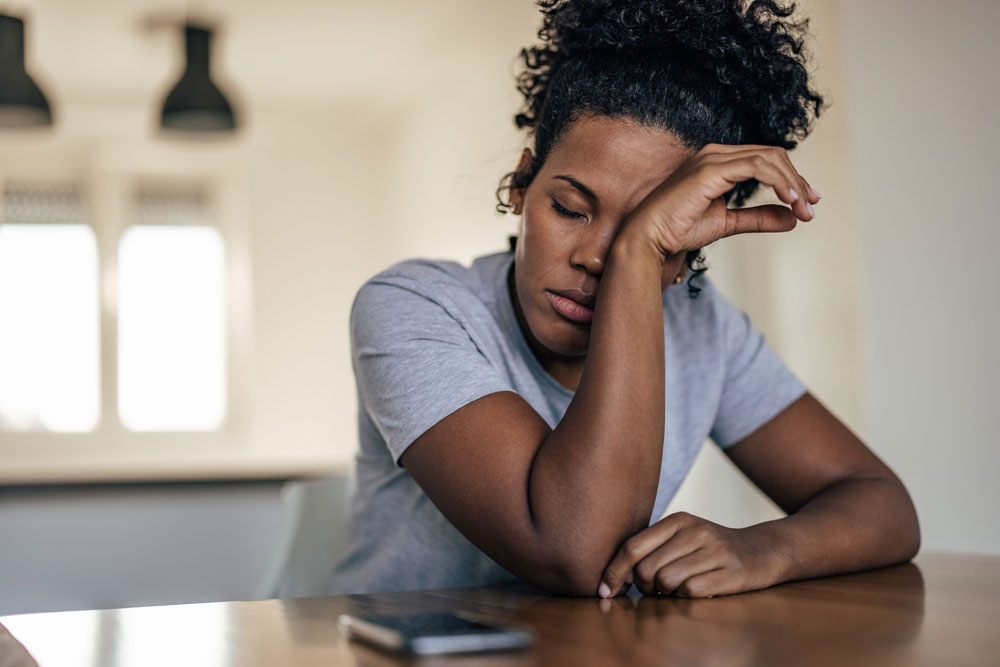Though healthy sleep is a powerful tool for maintaining your balance, clarity, and well-being, many people treat it as an afterthought. In honor of Sleep Comfort Month this November, here’s a reminder that rest is a necessity, not a luxury.
The Importance of a Healthy Sleep Schedule
Sleep is vital for balanced physical and mental health. When you sleep, your body repairs its tissues, consolidates memories, balances your hormones, and regulates your mood. For chronically sleep-deprived people, even simple tasks and straightforward decisions can feel overwhelming.
A consistent sleep schedule:
- Reduces stress and anxiety
- Strengthens your immune system
- Improves focus and memory
- Supports a healthy metabolism and energy levels
These benefits are vital in recovery. Restorative sleep provides the foundation for emotional balance and resilience – two critical factors in preventing relapse.
The Consequences of Sleep Deprivation
Chronic sleep deprivation affects your brain and body in many harmful ways. It increases stress hormones like cortisol and decreases your innate ability to produce dopamine and serotonin – two neurotransmitters linked to pleasure, motivation, and well-being.
Over time, poor sleep can lead to:
- Irritability and mood swings
- Depression and anxiety
- Weakened immune response
- Difficulty concentrating or making decisions
- Higher risk of relapse due to emotional instability, lack of self-care, and poor impulse control
The Link Between Substance Use and Sleep
Substance use and sleep disturbances often go hand in hand. For instance:
- Alcohol is a depressant that may initially make you feel sleepy, but it disrupts deep sleep and REM stages, leaving you tired and foggy the next day.
- Stimulants like cocaine or meth can cause insomnia and long-term sleep disorders.
- Opioids suppress your central nervous system, potentially leading to disrupted breathing and restless sleep.
Even after you complete a medical detox program, your body and brain will need time to reestablish normal sleep patterns. Since this process can be time-consuming, practice patience when rebuilding a healthy routine.
Sleep Hygiene: A Cornerstone of Recovery
Sleep hygiene refers to the habits and environment that promote restful, restorative sleep. In recovery, practicing good sleep hygiene can strengthen your mental and physical health while lowering stress and relapse risk.
Here are a few effective strategies:
- Get on a consistent sleep schedule – go to bed and wake up at the same time every day.
- Create a calming environment by keeping your bedroom dark, cool, and quiet.
- Avoid caffeine and screen time before bed, as they can interfere with melatonin production.
- Develop a nighttime ritual – try journaling, reading, or meditating to relax your mind.
- Exercise during the day to promote better rest.
Hope Lodge incorporates these principles into treatment because restful sleep supports emotional regulation, concentration, and healing – the pillars of successful recovery.
How Hope Lodge Can Help
If you’ve struggled with substance use and poor sleep, you’re not alone. Many people say insomnia and restless nights are among the most challenging parts of early sobriety.
At Hope Lodge, our comprehensive, trauma-informed treatment programs address these underlying issues through:
- Medically supervised detox to safely manage uncomfortable or disruptive withdrawal symptoms
- Therapeutic support to reduce anxiety and regulate your mood
- Lifestyle coaching to help you rebuild healthy daily rhythms
- A peaceful, restorative environment in a small-by-design residential treatment center
We offer same-day admissions and accept many forms of health insurance, removing barriers to getting the personalized attention you need to start healing.
Rest Easy, Recover Fully
Let Sleep Comfort Month inspire you to create a healthier, more balanced routine. Resting your body and mind will give you the strength, focus, and stability to progress in your recovery.
Contact Hope Lodge today to learn more about our programs and how we can help you restore balance, inside and out.

